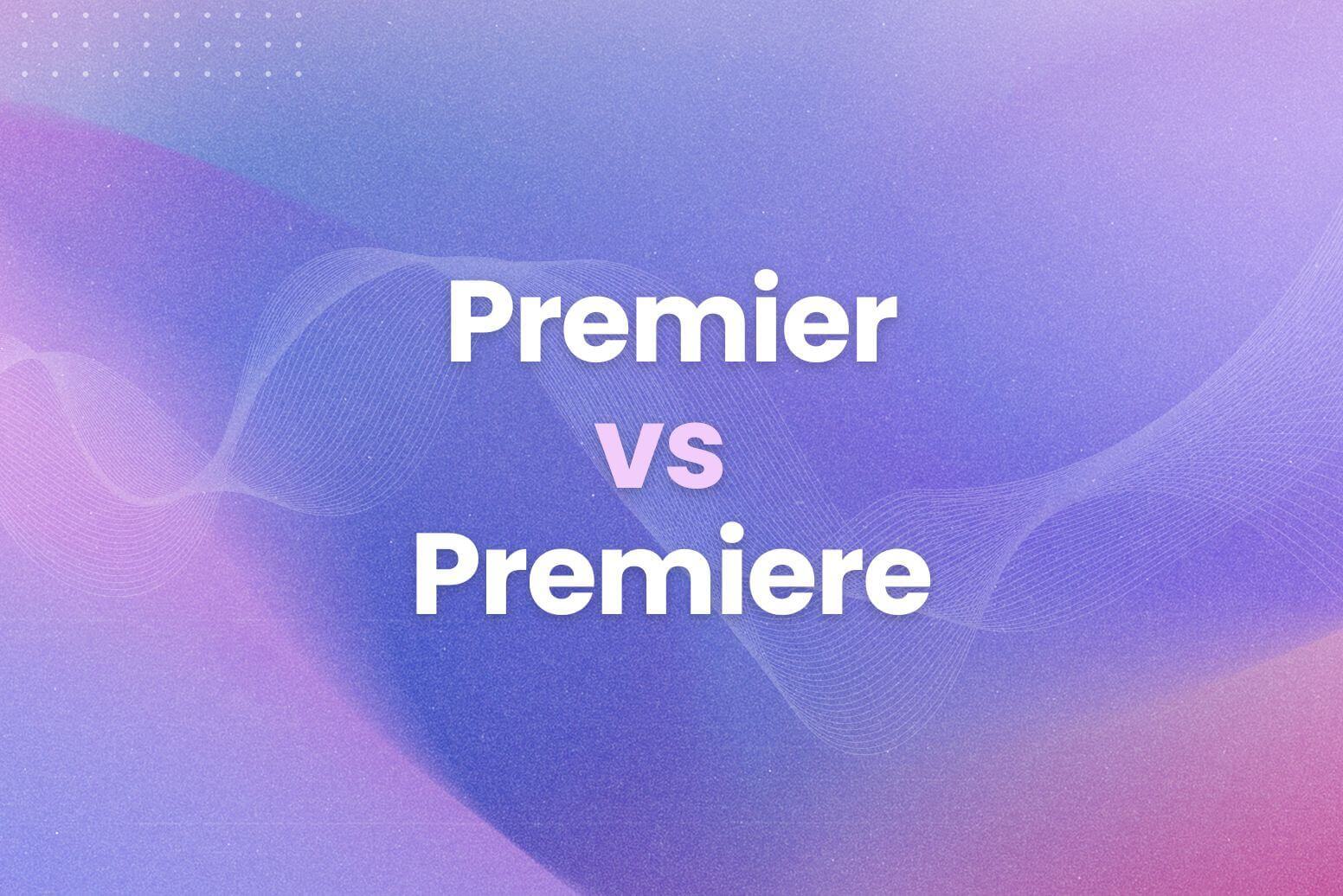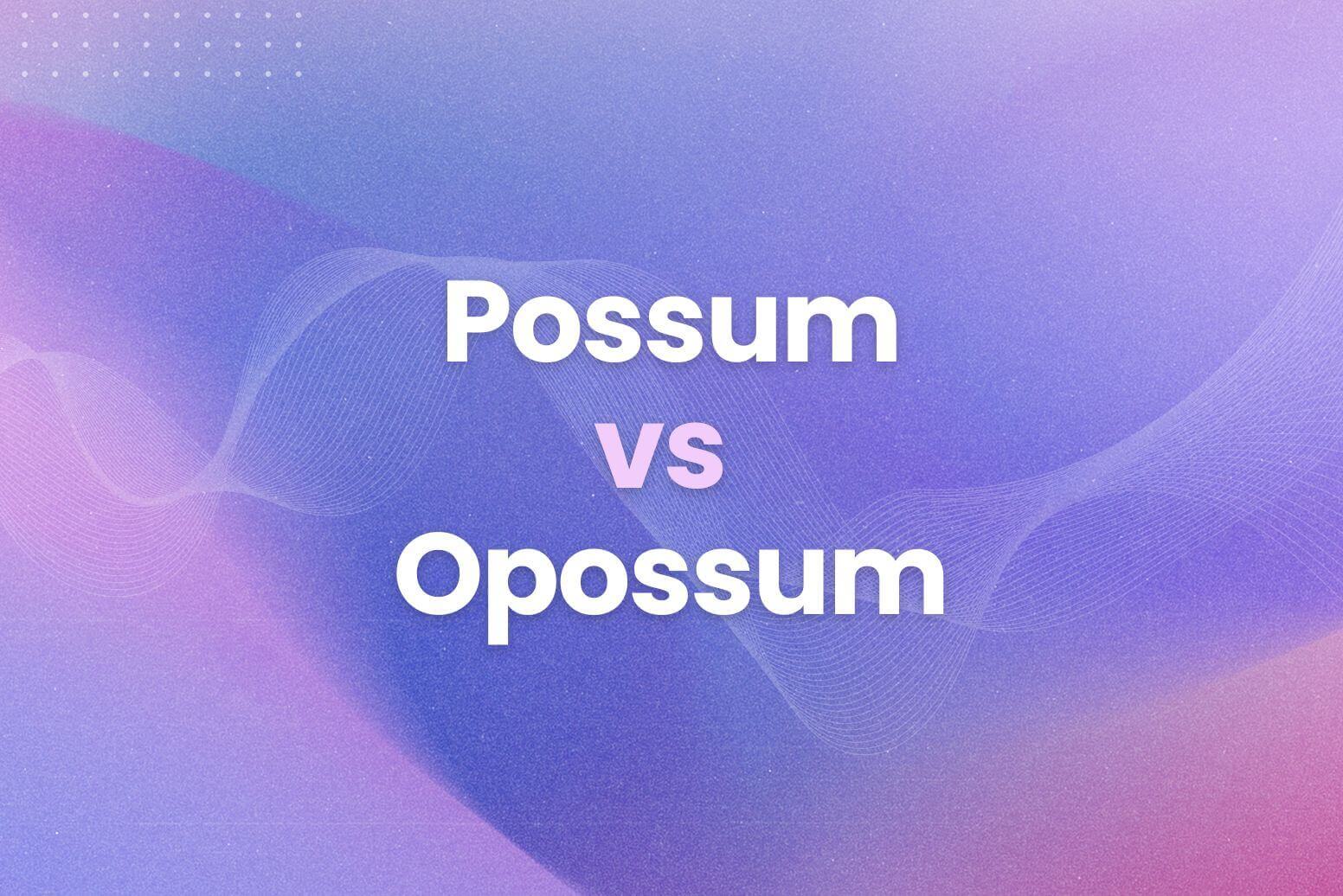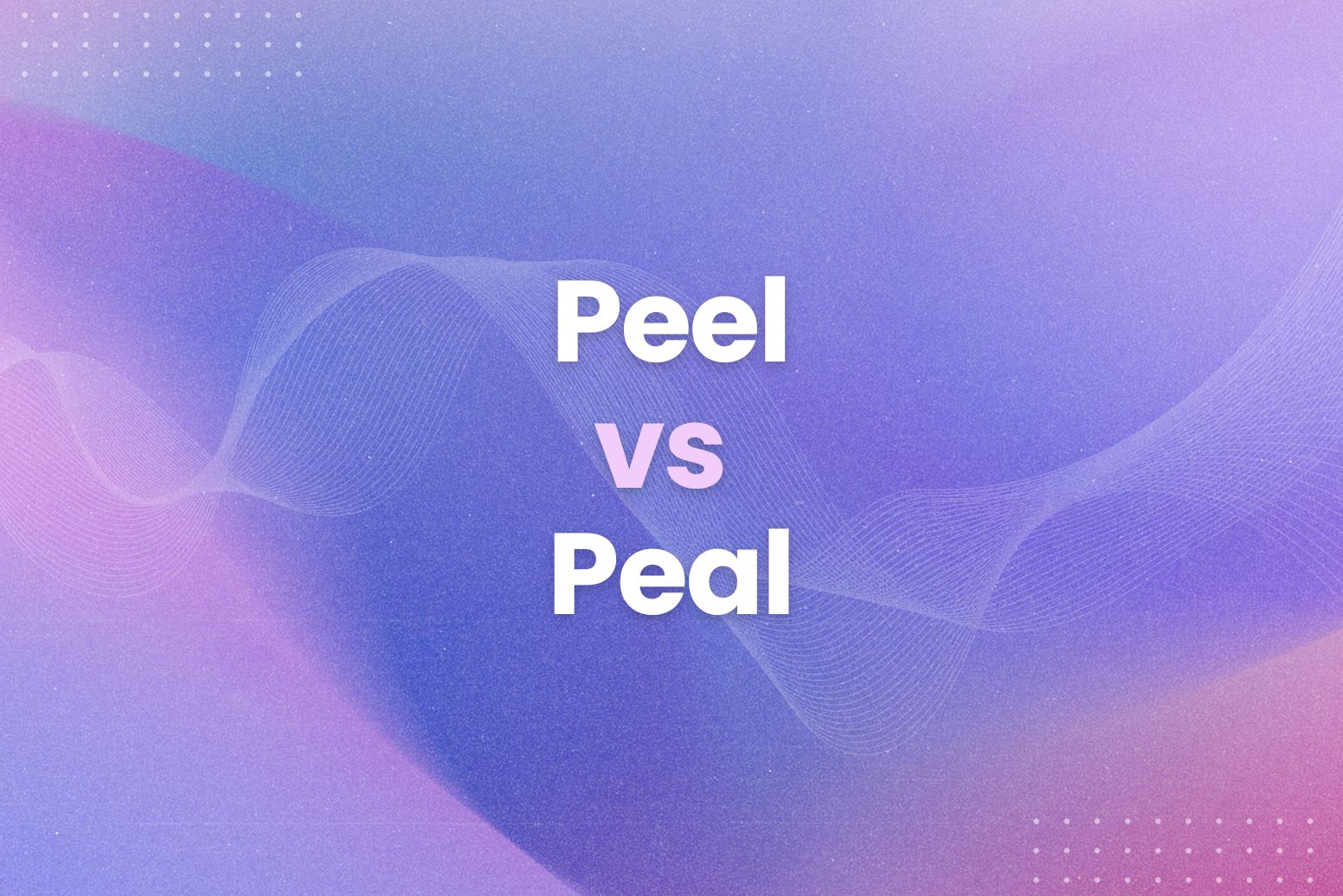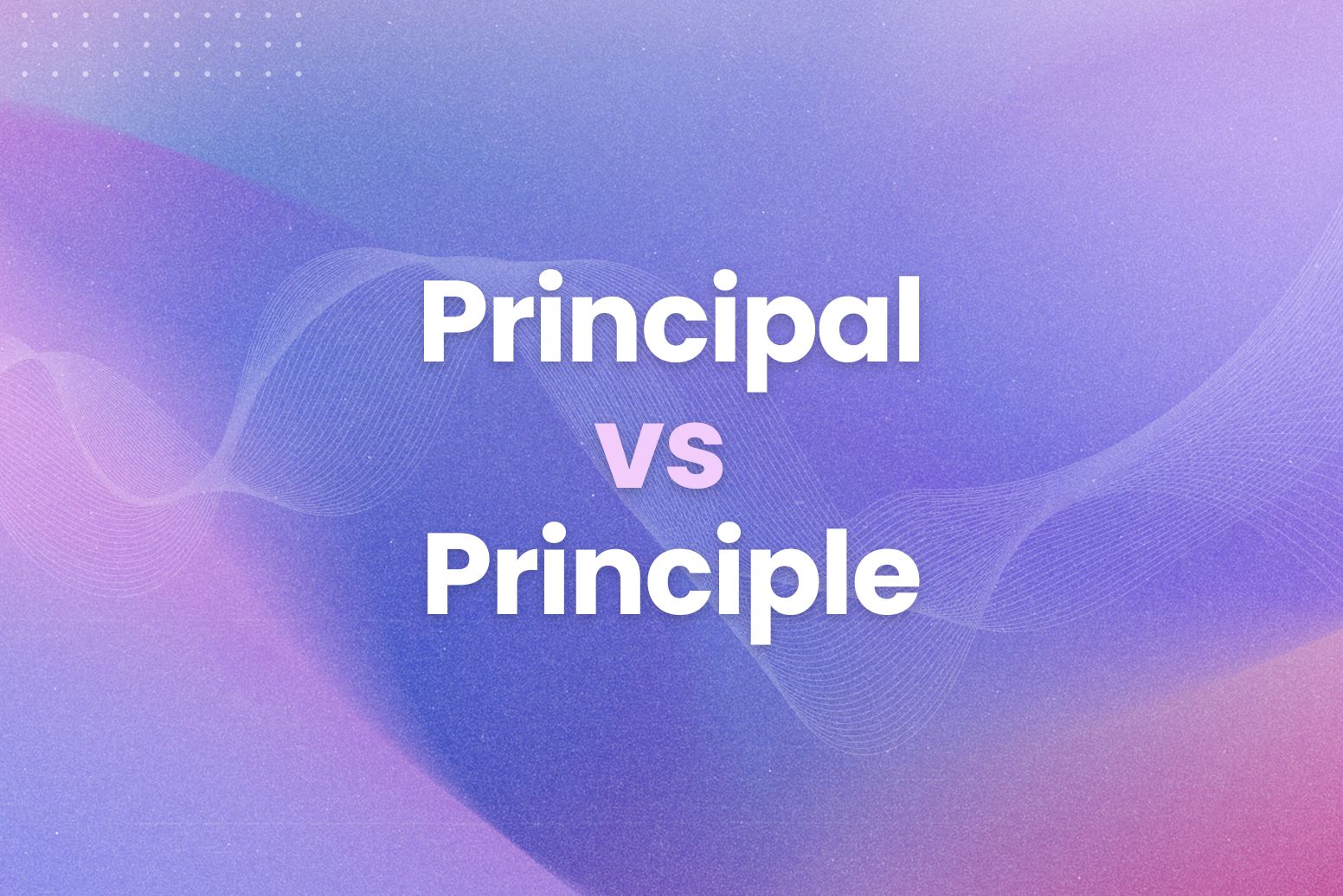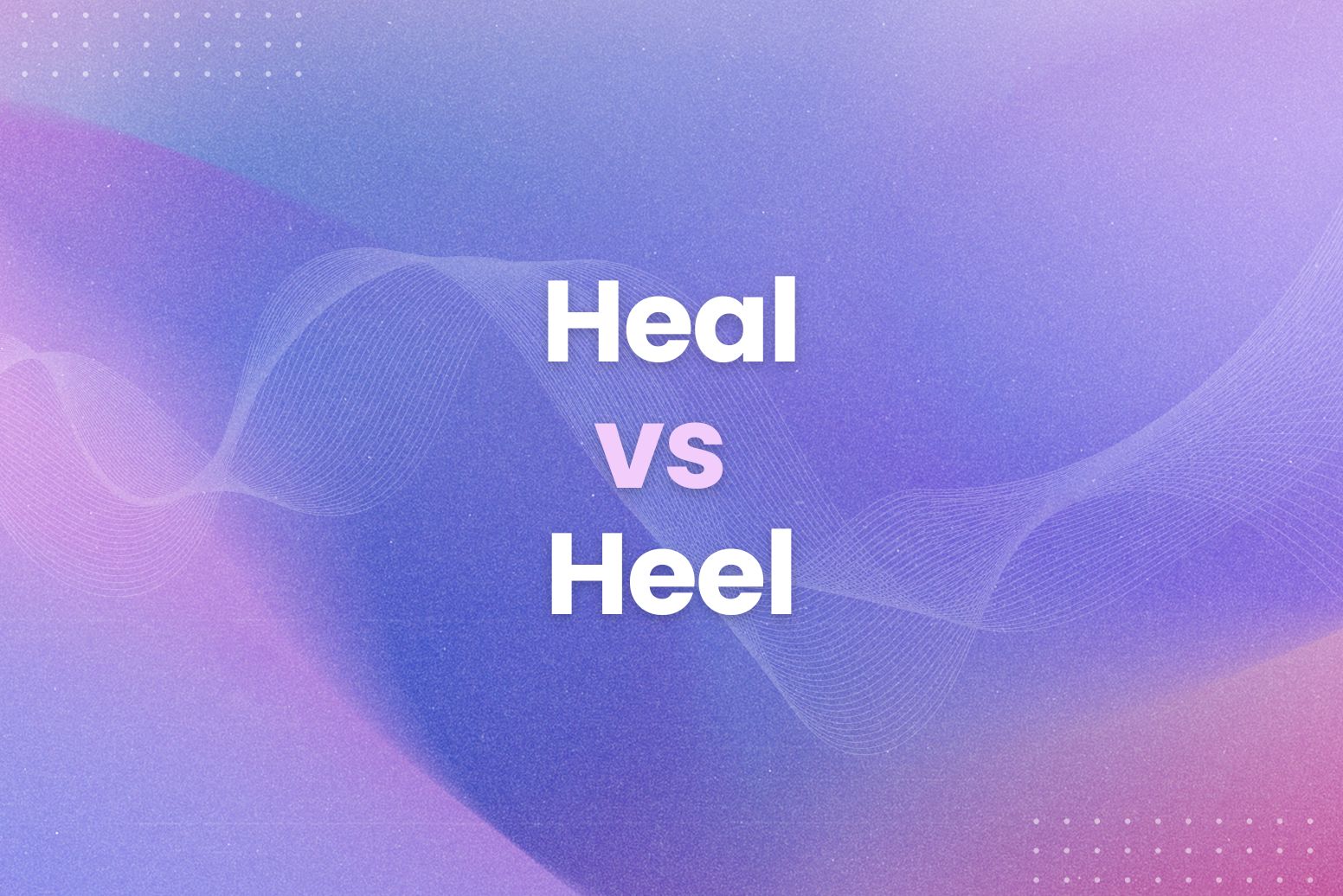You’ve seen it before. “Premier” this, “Premiere” that. Are they interchangeable? Nope. This seemingly small difference can make a big impact on your writing’s credibility. So, we’ll clear up the confusion between Premier vs Premiere.
We’ll cover:
- First of all, the actual difference between premier vs premiere.
- Then, how to use each word correctly.
- Also, simple tricks to never mix them up again.
- In the end, why getting it right matters.
Premier vs Premiere: The Real Deal
These two words look mighty similar. It’s easy to see why they get mixed up. But, their meanings are distinct. Think of it like this: one refers to first in rank or importance, while the other refers to a first showing.
Premier (pronounced PREE-mee-er) is an adjective or noun. It signifies something best or most important. For example, a premier league in sports features the top teams. Or, a premier is like a president or prime minister, the top leader. It can also describe a first-rate product. “This is a premier example of his work.”
On the other hand, Premiere (pronounced pre-MEHR) is a noun. It refers to the first public showing of a movie, play, or other performance. Think red carpets and flashing lights. “The movie premiere is tonight.” It’s a one-time event. You wouldn’t say, “We’re going to the premiere of the play every night this week.” That just wouldn’t make sense.
So, to recap, premier is about rank or quality, and premiere is about a first showing. Got it? Good. Because we’re about to get into how to use them correctly.
Using Premier and Premiere Like a Pro
Now that we know the difference, let’s put these words into action. Correct usage is key. It boosts your credibility. Plus, it just sounds better.
Premier in Action
Remember, premier describes importance or high quality. Think top-tier. Here are some examples:
- “She’s a premier surgeon in her field.” (Top in her profession)
- “The hotel offers premier accommodations.” (High-quality rooms)
- “He’s the premier of the province.” (The top leader)
In short, notice how premier often comes before the noun it modifies. It acts like an adjective. But, it can also be a noun itself, referring to the leader of a government.
Premiere in Action
Premiere refers to a first showing. It’s an event. Here’s how to use it:
- “The movie premiere is sold out.” (The first showing event)
- “We attended the premiere last night.” (We went to the first showing)
- “The premiere will be held at the Grand Theater.” (The first showing event will be there)
So, premiere is always a noun. It’s the event itself. You wouldn’t say, “This movie is premiereing tonight.” That’s incorrect. Instead, you’d say, “This movie premieres tonight.” See the difference? It’s subtle, but it matters.
Never Mix Them Up Again: Simple Tricks
So, you know the difference. But, remembering it can be tricky. Don’t worry, we’ve got you covered. These simple tricks will make premier and premiere stick in your brain.
Trick #1: Think “Rank” for Premier
Premier relates to rank. It’s about being first in quality or importance. So, when you think premier, think rank. Think top. Think best. Got it? Good.
Trick #2: Think “Event” for Premiere
Premiere is an event. It’s a first showing. Think red carpet, excitement, and special occasion. If it’s a first showing, it’s a premiere.
Trick #3: Visual Association
Create a mental picture. Imagine a premier league trophy. It’s shiny. It’s prestigious. It represents the best teams. Now, picture a movie premiere. The flashing lights, the celebrities. Also, It’s a special event. Associate these images with the words. It’ll help you remember.
Trick #4: Use Them in Sentences
Practice makes perfect. Write a few sentences using premier and premiere. The more you use them, the easier it will become. For instance: “The premier of the new play is tomorrow night.” “She’s a premier chef.” See? Easy.
Trick #5: Check a Dictionary
When in doubt, check a dictionary. Seriously. It takes two seconds. And, it’s better to be safe than sorry. A quick check can save you from embarrassment.
Why Getting It Right Matters?
You might be thinking, “So what if I mix them up? It’s not a big deal.” Actually, it is a big deal. Using premier and premiere correctly shows attention to detail. It reflects on your credibility. Think about it. If you’re writing for a professional audience, using the wrong word can make you look unprofessional.
It’s like wearing mismatched socks to a job interview. It’s a small thing, but it can make a big difference in how you’re perceived. People might question your competence. They might think you’re careless. And, that’s not the impression you want to make.
Furthermore, using the correct word shows respect for the language. It demonstrates that you care about your writing. It shows that you’re willing to put in the effort to get things right. And, that’s something that everyone appreciates.
So, make the effort. Learn the difference between premier vs premiere. Use them correctly. It’s a small thing that can make a big difference. Your writing will be stronger. Your message will be clearer. And, you’ll feel more confident in your communication.
Ready to Level Up Your Writing with Arvin?
The difference between premier vs premiere isn’t so mysterious after all. With these tips, you’ll be using them like a pro in no time.
Here are the key takeaways on premier vs premiere:
- Firstly, premier relates to rank and importance.
- Secondly, premiere refers to a first showing.
- Lastly, think “rank” for premier and “event” for premiere.
Now that you’ve mastered premier vs. premiere, why stop there? Arvin can help you polish all your writing. It catches errors, suggests improvements, and makes your content shine. Give Arvin a try and see the difference it makes.
Premier vs Premiere: FAQs
What is the difference between premier and premiere?
To recap, premier describes something first in rank, importance, or quality. Premiere refers to the first public showing of a performance. Think of it this way: the premier of a country is the most important leader. The movie premiere is the first showing of the film.
Is it premier or premiere performance?
It depends. If you’re talking about a high-quality performance, you’d say “premier performance.” For instance, “The orchestra gave a premier performance.” However, if you’re talking about the first showing of a performance, you’d say “premiere performance.” For example, “We attended the premiere performance of the new ballet.”
Is it season premiere or premier?
It’s season premiere. A premiere marks the first showing of something. In this case, it’s the first episode of a new season. You wouldn’t say “season premier.” That doesn’t make sense.
Does Premier have an E at the end?
Sometimes. Premier without an “e” is the adjective or noun we’ve been discussing. Premiere with an “e” is the noun referring to a first showing. So, both spellings are correct, but they have different meanings and uses. Therefore, it’s important to know the difference.

